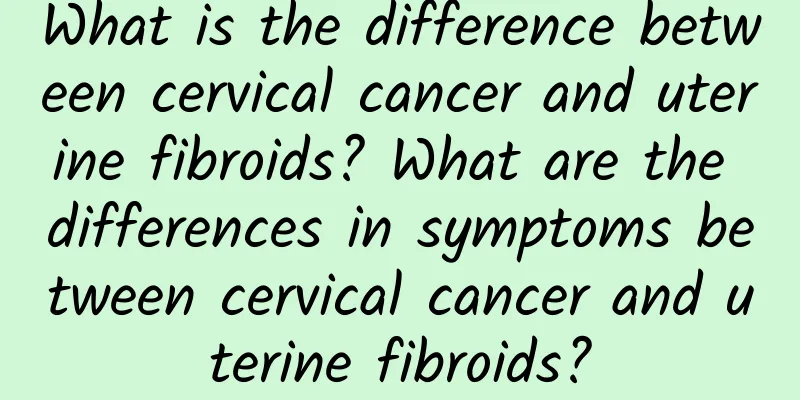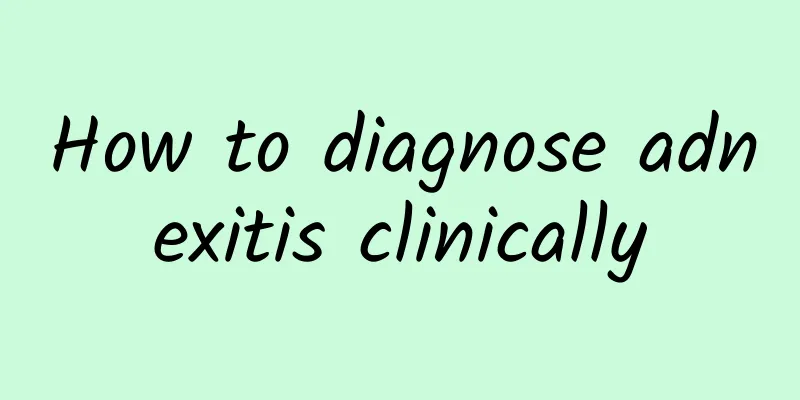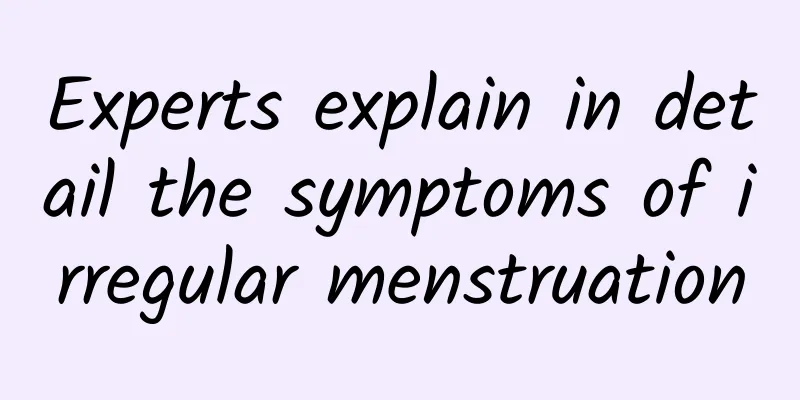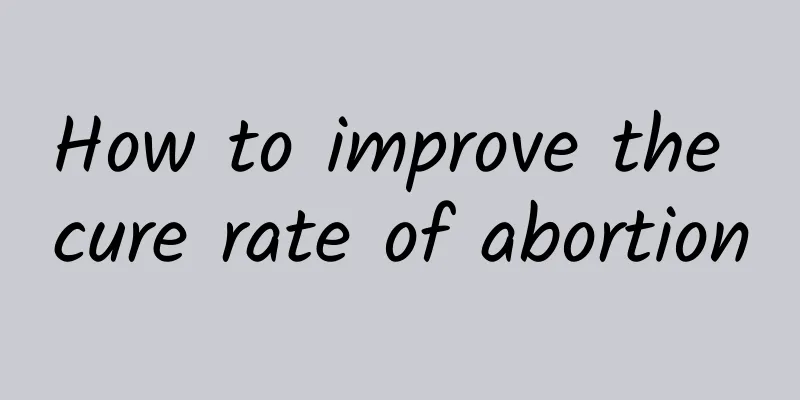Hyperprolactinemia nursing routine
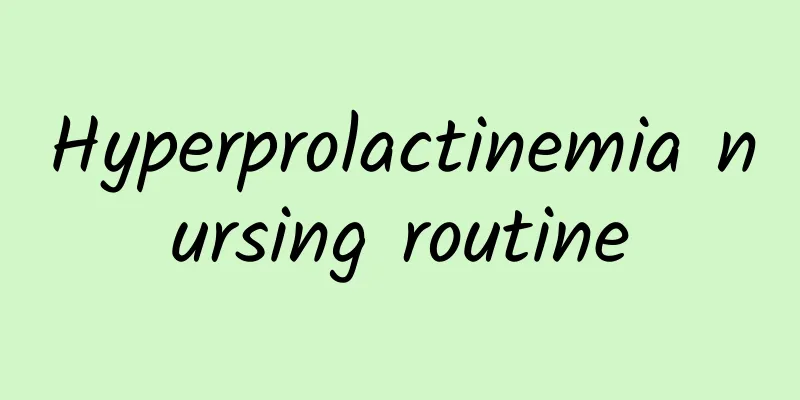
|
Many patients with hyperprolactinemia find that they are already in the late stage of the disease and have to undergo surgery to treat hyperprolactinemia. Postoperative care for hyperprolactinemia becomes the key. Postoperative care for hyperprolactinemia is related to the patient's recovery speed and degree. How to provide care still needs to be learned by women. So, how to provide postoperative care for hyperprolactinemia? The postoperative care for hyperprolactinemia depends on the nature of the prolactin, because the recovery period after surgery for different hyperprolactinemia is also different. Therefore, postoperative care for hyperprolactinemia is particularly important. Generally speaking, women with hyperprolactinemia should first improve their diet after surgery and eat more fish, because fish is easier to digest and absorb. Of course, vegetables and fruits are naturally indispensable, but they should not be consumed in excess. They must be consumed on time and in the right amount. Vegetables and water are rich in minerals and vitamins, which can effectively improve women's own resistance and help wound healing. In addition, in addition to paying attention to diet, postoperative care for hyperprolactinemia also requires maintaining a good mood. Of course, you can also take some hormone drugs under the guidance of a doctor, but not too much. Another point is that female patients with hyperprolactinemia should go to the hospital for regular check-ups and timely review. Once abnormalities are found, take appropriate measures for treatment immediately. The most direct harm of hyperprolactinemia to women is infertility. Of course, there are many reasons for female infertility. It can cause mechanical obstruction of the fallopian tubes, affect the ovulation function of the glands, and affect the nutrition of the patient. At the same time, if bilateral adenocarcinoma destroys most of the glandular tissue, the incidence of infertility will arise. In addition, some surgeries such as gland removal, unilateral or bilateral fallopian tube gland removal, or adnexectomy and total hysterectomy for unilateral or bilateral hyperprolactinemia in women near menstruation or menopause can cause female infertility. In daily postoperative care for hyperprolactinemia, you should eat more vegetables, fruits, and insist on doing appropriate physical exercise, pay attention to the combination of work and rest at work, maintain a good attitude and a cheerful and optimistic personality, which can ensure the rapid recovery of the disease to the greatest extent. The above is a detailed introduction on how to perform postoperative care for hyperprolactinemia. I hope it can help female friends. If you have any questions, you can have a one-on-one communication with our gynecology online consultation experts. The experts will patiently answer your questions and keep your privacy confidential. |
<<: Nursing methods for hyperprolactinemia
>>: Nursing measures for hyperprolactinemia
Recommend
What foods are good for patients with cervicitis? Three dietary prescriptions have a good therapeutic effect on cervicitis
There are two types of cervicitis: acute and chro...
How to eat during intermittent fasting? Low-calorie tomato and tofu soup
The weight loss method of "fasting with 500 ...
Pay attention to diet during threatened abortion
If you are unfortunately diagnosed with threatene...
I have had pelvic inflammatory disease for two years and have lower abdominal pain every once in a while. What should I do?
I have had pelvic inflammatory disease for two ye...
Early symptoms of vulvar leukoplakia
In the early stages of vulvar leukoplakia, sympto...
Uterine fibroids examination
If you want to check the size, location and degen...
Shengdi Bamboo Leaf Porridge can assist in the treatment of severe cervical erosion
Patients with severe cervical erosion often exper...
How to treat and prevent uterine fibroids
Uterine fibroids are a common gynecological disea...
Eat melon to cool down in the summer. Winter melon can clear away heat and help you lose weight! Nutritionist: Boil winter melon seeds and drink water to help eliminate waste in the body
When the summer is hot and the weather is strong,...
What is the reason for not having menstruation for more than a month after abortion?
The absence of menstruation for more than a month...
How much does it cost to induce abortion for ectopic pregnancy? ...
Ectopic pregnancy is an unexpected event that eve...
What are the treatments for vulvar leukoplakia atrophy?
What are the treatments for vulvar leukoplakia at...
Reasons why women often experience dysmenorrhea during their menstrual cycle
It is very common for women to experience dysmeno...
Can I get pregnant after uterine fibroid surgery? Will uterine fibroids recur?
Uterine fibroids are a benign uterine tumor that ...
Is pelvic inflammatory disease contagious in women?
It is very common for women to suffer from pelvic...
